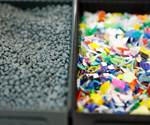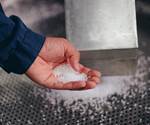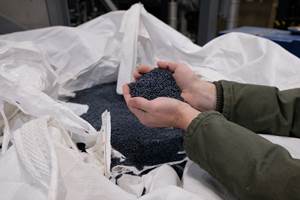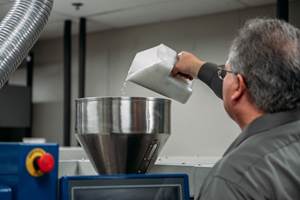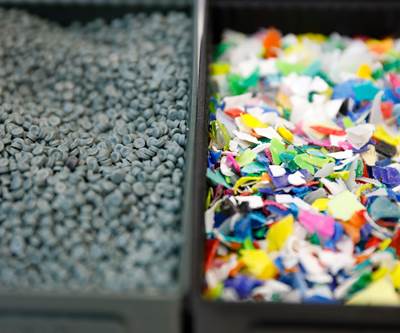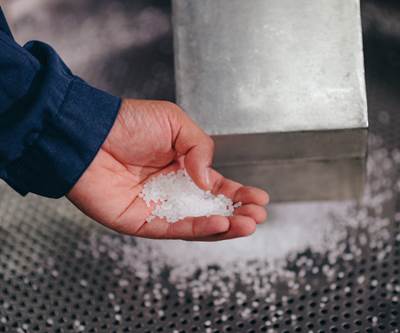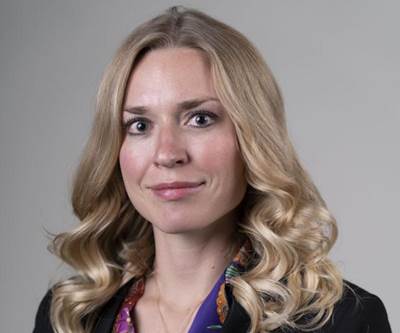Project STOP Announces New Advancements to Combat Plastic Pollution
Launched in 2017 by Borealis and SYSTEMIQ, Project STOP works with cities to create effective waste management systems that eliminate plastics leakage into the ocean and create circular systems in Southeast Asia.
In 2017, Borealis and SYSTEMIQ launched Project STOP (Stop Ocean Plastics), an initiative that works with cities to create effective waste management systems that eliminate plastics leakage into the ocean.
Every year, roughly 12 million tons of plastic waste end up in the ocean impacting community health, wealth and polluting the environment. An estimated 50% of marine debris originates from just five Asian economies: China, Indonesia, the Philippines, Vietnam, and Thailand.
Project STOP has four core objectives; zero leakage of waste into the environment; creating more circular systems; achieving economic sustainability; and benefits to local community via creation of new jobs and reducing impact of mismanaged waste on public health, tourism and fishers.
In recent developments, Borealis announced that The Government of Jembrana Regency, in Northwest Bali, commemorated the ground-breaking for a new waste processing facility. The facility is the regency’s first-ever solid waste management service that will benefit as many as 150,000 residents. It is a sustainable full waste management and recycling system that will also create new and permanent jobs for the community.
The ground-breaking was carried out through a partnership between Project STOP, the Alliance to End Plastic Waste, and the Jembrana Regency.
The facility will be equipped with sorting and waste processing systems, residue handling equipment, and other supporting facilities to manage and recycle both organic and non-organic waste from households and businesses. The facility is expected to be fully operational by the end of 2020.
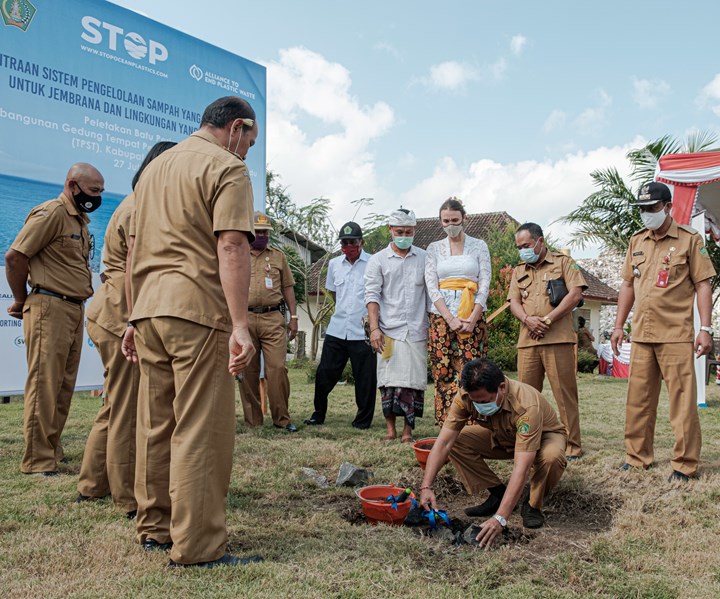
I Nengah Ledang of Jembrana's Regency lays the cornerstone of a material recovery and recycling facility in Jembrana, Bali.
“We at Borealis are pleased to see the rapid progress being made at Project STOP’s Jembrana city partnership,” says Alfred Stern, Borealis CEO. “Collaboration with the Alliance to End Plastic Waste on key projects such as this is in line with our commitment to avoid plastics entering the ocean and environment by providing sustainable waste management with the engagement of local communities.”
Since the start of July 2020, Jembrana residents have benefited from formal waste collection, many for the first time. Within two years, more than 150,000 people in the regency will have a formal waste collection service through this initiative in Jembrana.
Siegwerk Joins Project STOP
Siegwerk, a global provider of printing inks for packaging applications and labels, is now a strategic partner of Project STOP.
“We strongly believe that creating a circular economy is the solution to today’s global waste problem and we see it as our responsibility as global player to actively support its realization,” said Alina Marm, head of circular economy hub at Siegwerk.
Indonesia plays an important role for Siegwerk as the country is home of numerous employees and customers. With one site in Tangerang and one blending center in Surabaya, the company knows about the challenges across the country. Today, Project STOP supports three cities in Indonesia with extremely high ocean plastic leakage levels: Muncar, a coastal fishing community in Banyuwangi; Pasuruan, a coastal city located in Java, Indonesia’s fourth largest island (and only 70 km from Siegwerk’s blending center in Surabaya); and Jembrana, located on the northwest coast of Bali.
To date, more than 55,000 people already benefited from waste collection, most for the first time. Project STOP has collected nearly 5,000 tons of waste (650 tons of plastic) and created more than 90 full-time jobs. Through its work in Muncar, Pasuruan and Jembrana, Project STOP will reach up to 450,000 people and prevent 40,000 tons of waste 4,700 tons of plastic waste from leaking into the environment annually, while growing local employment and providing replicable solutions and innovations for other cities.

Project STOP Pasuruan waste workers.
Related Content
Novel Line Turns Fluff to Blown Film
Processor Bioflex of Mexico is utilizing Reifenhäuser Blown Film’s EVO Fusion technology to integrate postindustrial and postconsumer recycled materials into products.
Read MorePurecycle to Receive Expanded FDA Letter of No Objection for PureFive Resin
LNO expands the conditions of use for which the recycled polypropylene can be used.
Read MoreNew Facility Refreshes Post-Consumer PP by Washing Out Additives, Contaminants
PureCycle prepares to scale up its novel solvent recycling approach as new facility nears completion.
Read MoreMarket Changes Spur Industrial Recycler to Enhance Capabilities in Clear Plastic Reprocessing
Butler MacDonald found new business and flexibility thanks to a big step-up in purging efficiency.
Read MoreRead Next
What Is the Circular Economy?
In this video from K 2019, hear NOVA Chemicals, TOMRA, Covestro, Rapid Granulator and SABIC each discuss plastics’ role in the circular economy.
Read MoreBorealis is Now Producing Certified Renewable PP
Said to represent a milestone in sustainable PP, these resins are being produced at Borealis’ two production facilities in Belgium.
Read MoreNova Chemicals Talks Recycled Plastics, Sustainability Strategy
In this Q&A, Monika Kleczek, circular economy market development manager, Nova Chemicals Polyethylene Business, talks about the company’s efforts to expand a market for recycled plastics.
Read More

